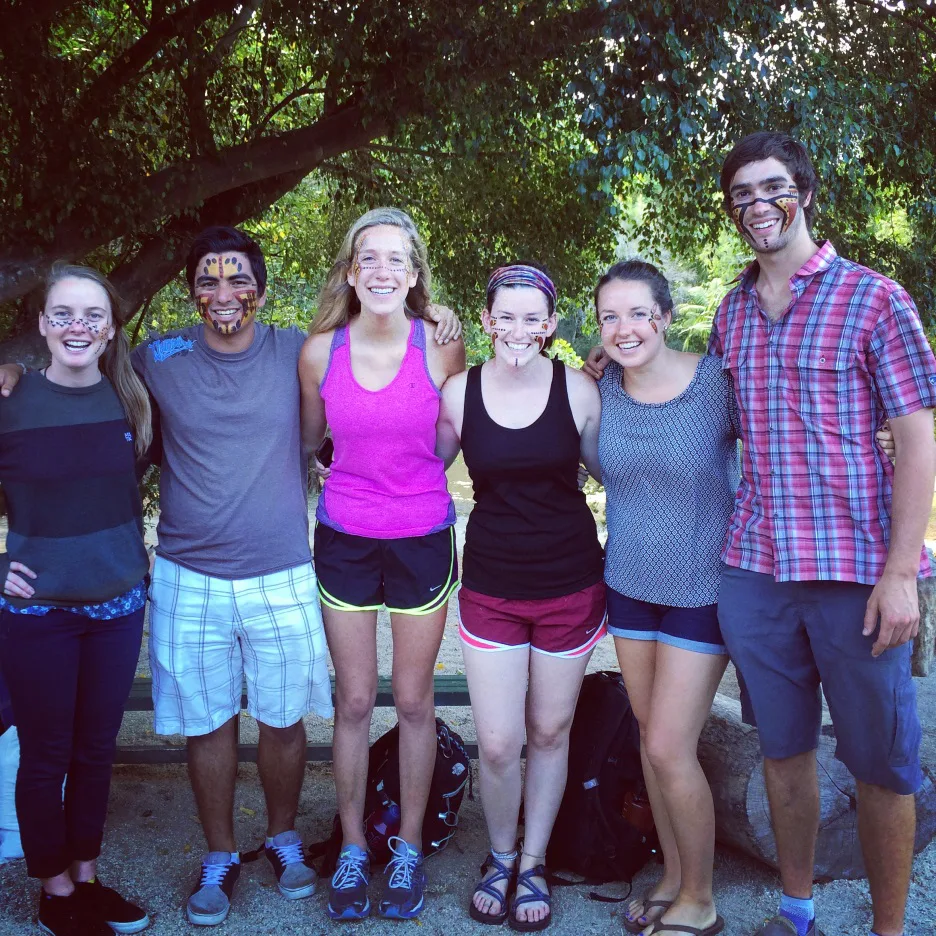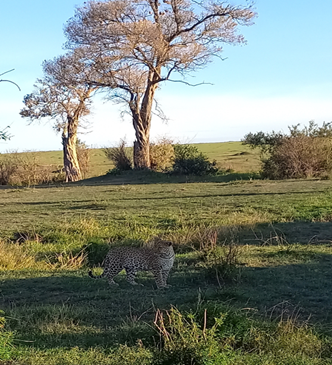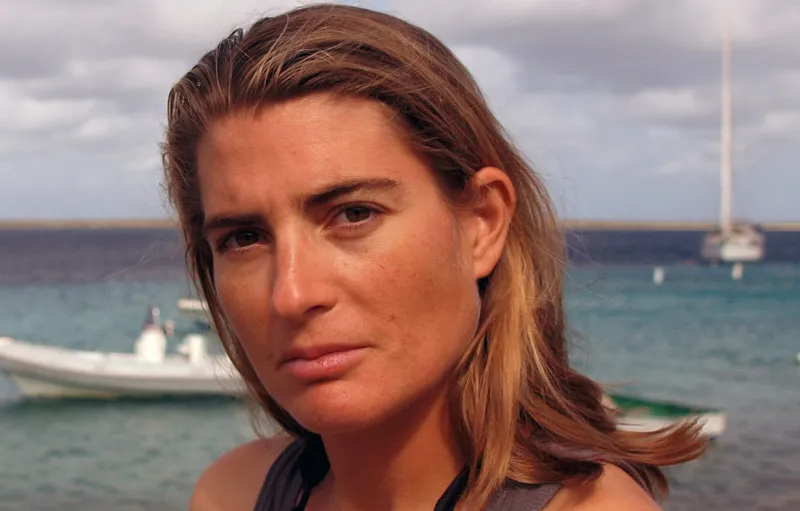Directed Research: Imagination, Exploration, and Innovation
SFS students embarked on their Directed Research (DR) projects nearly two week ago, and so far these have been progressing well. Whenever I talk to students, they always tell me how excited they are to be working on their own little project. Now, more than ever before, I can appreciate that while lectures may help students to understand concepts in a specific field, real life research forces them to think how to apply the concepts learnt in class.
Take for example my DR group of students who are working on a project on the demand and supply issues in indigenous tourism. The project involves conducting one-one one interviews with indigenous tourism operators and tourists in Far North Queensland. This is both a challenging and exciting undertaking. Anyone who has done research involving indigenous people in Australia can tell you how challenging it is. However, to my students, this was exciting in that it afforded them a rare chance to interact with, and learn from, the people with the oldest continuous living culture on the planet: the Aboriginal people of Australia.

Students talked of how this particular research has provided them with an opportunity for an informal interaction with study participants, which helped them to build self confidence in their research endeavour. One student remarked, “its one thing to learn about some of these things in class and from textbooks, but it’s another to experience them firsthand”. In the course of our surveys, I could see how students had immersed themselves in the context.
I could not help thinking that this is the kind of immersive experimental learning that alters the worldview of students and increases their intellectual autonomy. The SFS model, which gets students into the world through the lens of research, and places responsibility on them to look at the bigger picture, is one of the best ways of equipping future leaders.

Related Posts

Restoration on a Cinder Cone: A Syntropic Story

Camila Rojas: Alumni Spotlight⭐

